May 20, 2025
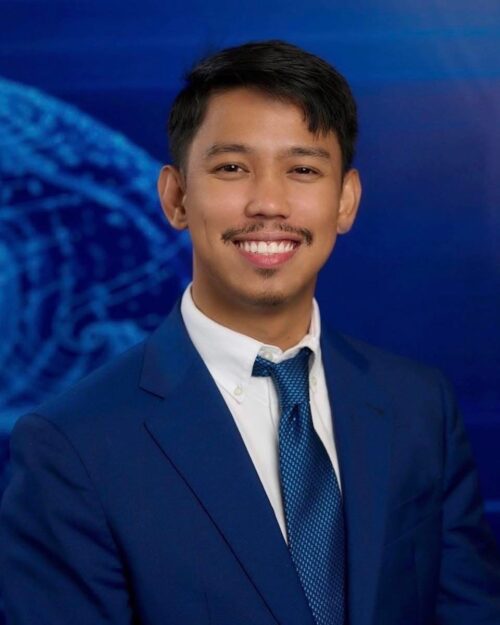
Kim Alvin De Lara is a seasoned educator based in Chandler, Arizona, where he teaches gifted students and STEM at Hartford Elementary, a Title I school. With 13 years of experience across multiple elementary grade levels, he’s built a classroom culture rooted in hands-on learning, real-world problem solving, and sustainability. In 2024, Kim took his passion for STEM a step further by participating in AEOP’s RESET program, gaining firsthand experience with cutting-edge Army research and bringing that knowledge back to his students. In this Q&A, Kim reflects on his journey, his research, and how programs like RESET are helping bridge the gap between the classroom and the world of STEM innovation.
When did you first get involved with AEOP? What made you decide to participate in AEOP?
I first got involved with AEOP in 2024 through the RESET program as a LEVEL 2. I’ve always loved research and was drawn to RESET because of its mission to empower educators and students through authentic STEM experiences in Army labs. I saw AEOP as a chance to elevate my students’ learning by connecting them with advanced STEM concepts and research opportunities.
Why did you choose RESET?
I chose RESET because it offered a unique opportunity to engage in real-world research alongside professional scientists. The chance to work in a U.S. Army Research lab, developing classroom-ready STEM lesson units, and collaborating with fellow educators was incredibly exciting and aligned perfectly with my professional goals.
What have been some of the most interesting projects you have participated in?
One of the most exciting projects was designing a lesson unit on Exploring Prosthetics and AI inspired by The Wild Robot. My students explored the concept of adaptive technologies by assembling robot puzzles and learning how AI supports accessibility.
I presented this project at the National Science Teaching Association (NSTA) conference in Philadelphia in March 2025, where I shared how it empowered students to think like young engineers and problem-solvers.
What did your research focus on?
My research during my 2024 internship focused on emerging AI and its applications to future machine technologies/ human-robot hybrid technologies. I worked closely with Army scientists, including my mentor Dr. Javier Garcia—branch chief and neuroscientist—at “The Factory” in Menlo Park, CA, exploring how robotics and AI can be integrated into my classroom and applied to real-world scenarios.
This summer, I am working with Dr. Mark Ginsberg at ERDC-CERL, where I hope to explore the intersection of environmental resilience and advanced control systems in real-world infrastructure applications. While the specific focus of this year’s research is still being finalized, I look forward to contributing to projects that integrate sustainability, smart technologies, and expand STEM education opportunities for communities everywhere.
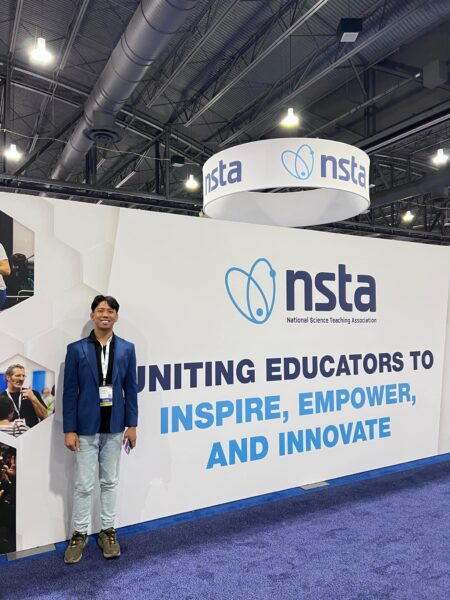
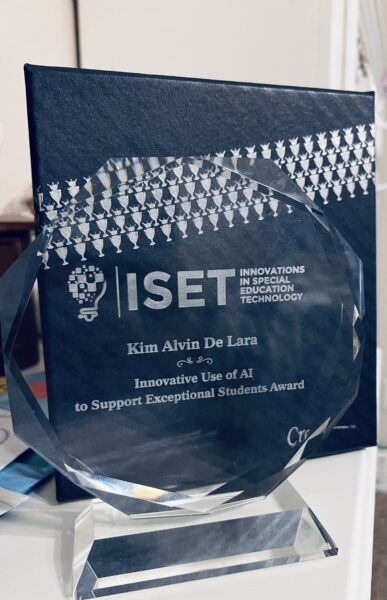
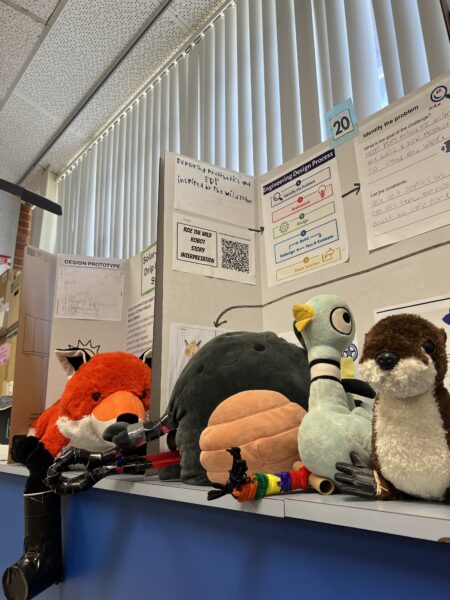
What’s one of your favorite memories from your time participating in RESET?
One of my favorite memories was walking into the Army Lab and realizing that I was collaborating with brilliant scientists and engineers from diverse backgrounds. One other moment that really stood out to me was presenting my lesson to fellow researchers and receiving their feedback. It felt like the bridge between education and real-world science had truly come alive.
What’s the most important thing you’ve learned along the way after participating in RESET?
I’ve learned that teachers are powerful conduits for change—we can bring advanced, real-world STEM concepts into classrooms in ways that inspire curiosity and innovation. RESET also reminded me of the value of pushing myself outside of my comfort zone to grow both as an educator and a learner.
How has RESET helped you both professionally and personally?
Professionally, RESET has sharpened my curriculum design skills and helped me build stronger connections between classroom lessons and cutting-edge STEM research.
Personally, it has reignited my passion for lifelong learning and shown me just how much my students can achieve when given the chance to engage in meaningful STEM challenges and solve real problems. It has made me a more confident and forward-thinking educator.
How do you incorporate your experiences from the RESET program into your classroom teaching and student learning?
I bring my experiences directly into project-based learning units. For example, after learning about robotics and AI at the Army lab, I developed a student-friendly prosthetics unit tied to a literary theme – The Wild Robot. Students designed and tested robot limbs using simple materials, exploring STEM in an accessible and meaningful way.
I also launched a Young Eco-Inventor initiative where students propose nature-based solutions to local issues – applying engineering and science in innovative and creative ways.
Congratulations on your award! What inspired you to focus on advancing AI education for gifted students, and what impact have you seen it make in their learning journeys?
I received the “Creative Use of AI to Support Exceptional Students” award from ISET Innovations in Special Education Technology.
I was inspired by the potential of AI to make learning more personalized and impactful, especially for gifted students who crave depth and challenge. By integrating AI into hands-on activities like prosthetic design, I saw students engage in higher-order thinking, collaboration, and creativity in powerful new ways.
What is the best piece of advice you could give to another teacher interested in applying to RESET?
Go for it—even if it feels intimidating at first! Be open to learning, be ready to ask questions, and embrace the opportunity to grow. You don’t need to be a scientist to do research—you just need to be curious and have a desire to make learning meaningful for your students.
Applications for the 2026 cohort just opened, so now’s a great time to learn more about the program and consider applying!
What would you say to those interested in AEOP STEM programs?
AEOP offerings are transformative. Whether you’re a student or a teacher, AEOP provides access to real-world STEM, mentorship, and opportunities that can change the trajectory of your academic and professional path. It’s not just about science—it’s about empowerment, access, and innovation.
Are there any other things you’d like to share about your RESET experience?.
Programs like RESET give educators the tools to create real-world STEM learning pathways for students, and I’m proud to be part of that mission.
Learn more about AEOP’s RESET here.
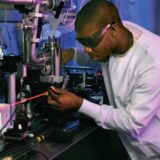
Research Experiences for STEM Educators and Teachers (RESET)
Research Experiences for STEM Educators and Teachers (RESET) provides teachers with summer research experiences and enhanced content knowledge at participating U.S. Army Laboratories and Centers.
More About Research Experiences for STEM Educators and Teachers (RESET)Find a Volunteering Opportunity
Visit our Program Volunteers page for a tool to find the best opportunity for you.
